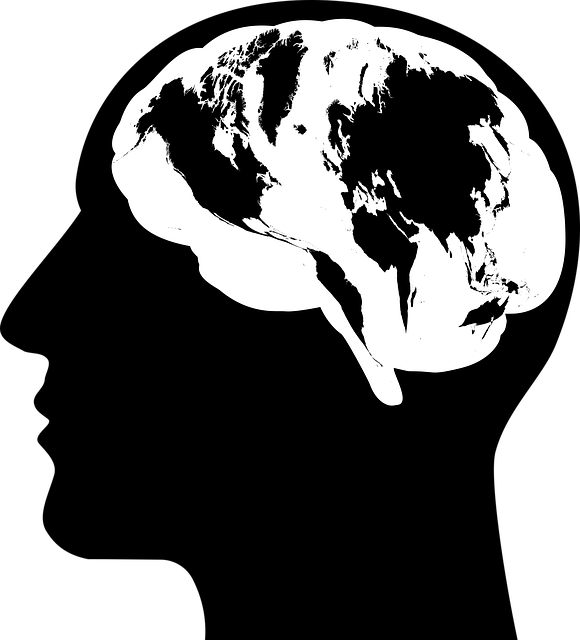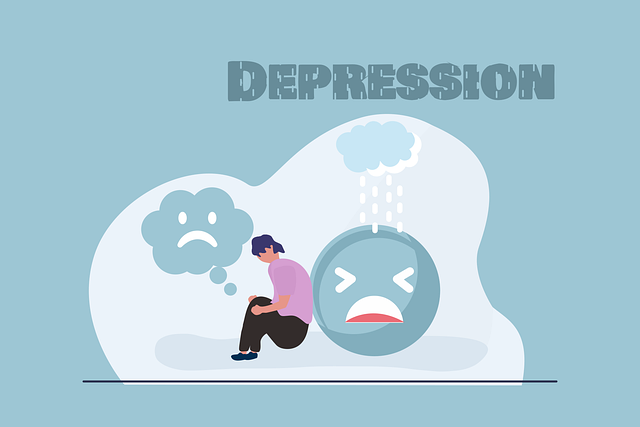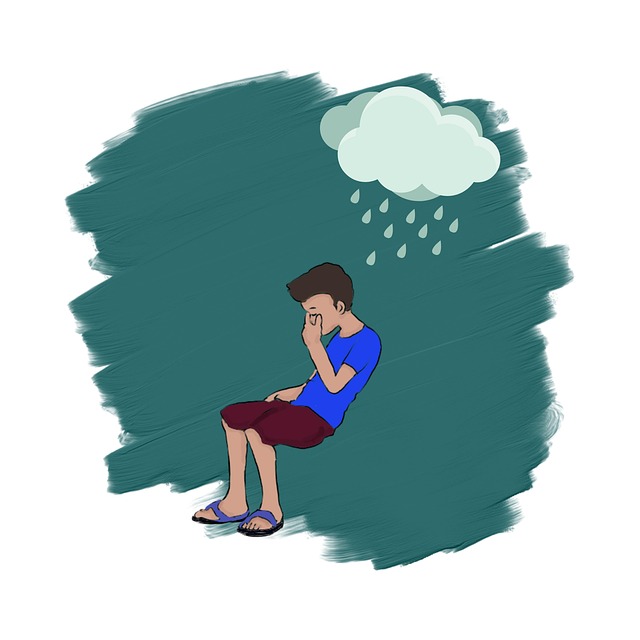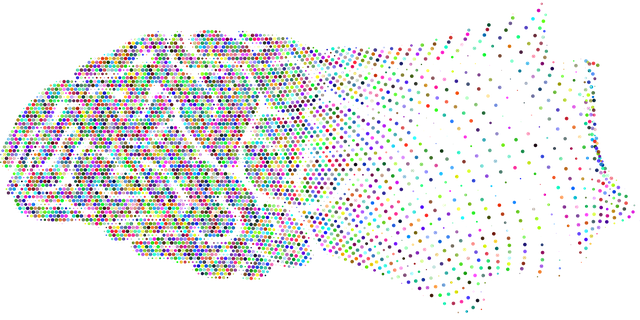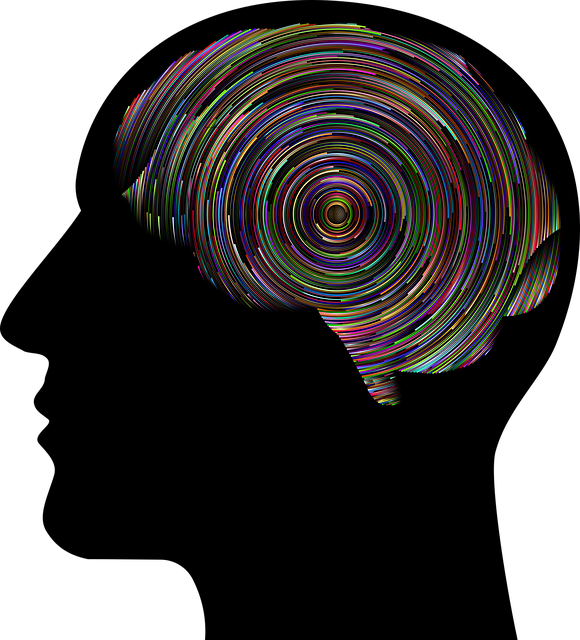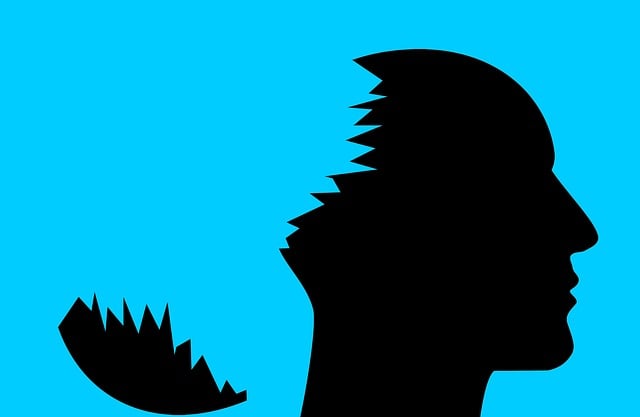Children's emotional healing from bipolar disorder resulting from loss or grief requires specialized therapy approaches. Mental wellness coaching programs using 'mind over matter' principles offer effective support. Age-appropriate techniques teach coping mechanisms and resilience, helping young individuals process feelings healthily at their own pace. These methods, including CBT and journaling exercises, improve emotional well-being and recovery for youth with bipolar disorder and other mental health challenges.
Loss, grief, and bereavement significantly impact children’s well-being, often requiring professional support. This article explores these sensitive topics, focusing on how counseling can help young individuals navigate difficult emotions associated with loss. We delve into understanding childhood grief, its role in bipolar disorder management, and effective therapy approaches tailored to their unique needs. By examining evidence-based strategies, parents, caregivers, and professionals can access valuable insights for providing compassionate care during trying times, especially when addressing the specific challenges of children experiencing loss and bipolar disorder.
- Understanding Loss, Grief, and Bereavement in Children
- The Role of Counseling in Bipolar Disorder Management for Youth
- Effective Therapy Approaches for Children Experiencing Loss and Grief
Understanding Loss, Grief, and Bereavement in Children

Children experience loss, grief, and bereavement just as adults do, but their ability to process and express these emotions can differ significantly. Understanding a child’s unique perspective is crucial when providing therapy for children experiencing bipolar disorder or other mental health challenges stemming from these events. In many cases, children may not fully comprehend the concept of death, leading to complex and varied reactions that can range from fear and confusion to anger and guilt.
Mental wellness coaching programs designed with mind over matter principles in focus can be incredibly beneficial. These programs often incorporate age-appropriate techniques tailored to support emotional healing processes in young individuals. Through these approaches, children learn coping mechanisms, build resilience, and develop healthy ways to process their feelings, ultimately helping them navigate the complexities of loss and grief at a pace suitable for their development.
The Role of Counseling in Bipolar Disorder Management for Youth

For youth struggling with bipolar disorder, counseling plays a pivotal role in managing symptoms and navigating emotional challenges. Therapy for Children Bipolar Disorder often involves specialized approaches tailored to their unique needs, offering a safe space to explore mood swings, stabilize emotions, and develop coping strategies. Through guidance from trained mental health professionals, young individuals can learn to recognize triggers, manage stress, and cultivate positive thinking skills.
Mental Wellness Journaling Exercise and techniques for promoting emotional well-being are integral parts of this process. These tools empower youth to track their moods, identify patterns, and express their feelings in a constructive manner. By integrating these practices into their routine, they gain valuable insights into their mental health journey while fostering resilience and enhancing overall emotional well-being.
Effective Therapy Approaches for Children Experiencing Loss and Grief

Children experiencing loss and grief require tailored therapy approaches to process their emotions effectively. One evidence-based method is Cognitive Behavioral Therapy (CBT), which helps young individuals identify and challenge negative thought patterns related to their loss. By teaching them cognitive restructuring skills, CBT enables children to develop healthier ways of thinking and coping mechanisms, ultimately enhancing their resilience. For instance, therapists can employ techniques like reframing, where children are encouraged to look at their experiences from different perspectives, fostering a sense of empowerment.
Additionally, building empathy within the therapeutic process is vital. Empathy-building strategies involve active listening, reflecting their feelings, and validating their emotions. Therapists can also incorporate mental wellness journaling exercises to help children express themselves creatively and track their emotional journeys. Encouraging them to document their thoughts and experiences provides valuable insights for both the child and the therapist. Furthermore, guiding children in developing self-care routines can significantly contribute to their overall mental health recovery.
Loss, grief, and bereavement counseling play a pivotal role in supporting children navigating these challenging emotional landscapes. By understanding the unique experiences of young minds dealing with loss, we can implement effective therapy approaches that foster healing and resilience. Specifically, counseling has proven to be a powerful tool for managing bipolar disorder in youth, offering them coping mechanisms and strategies for long-term well-being. Through evidence-based methods, therapists can help children process their emotions, adapt to change, and develop healthy ways of managing grief, ultimately enhancing their ability to thrive despite adversity.

